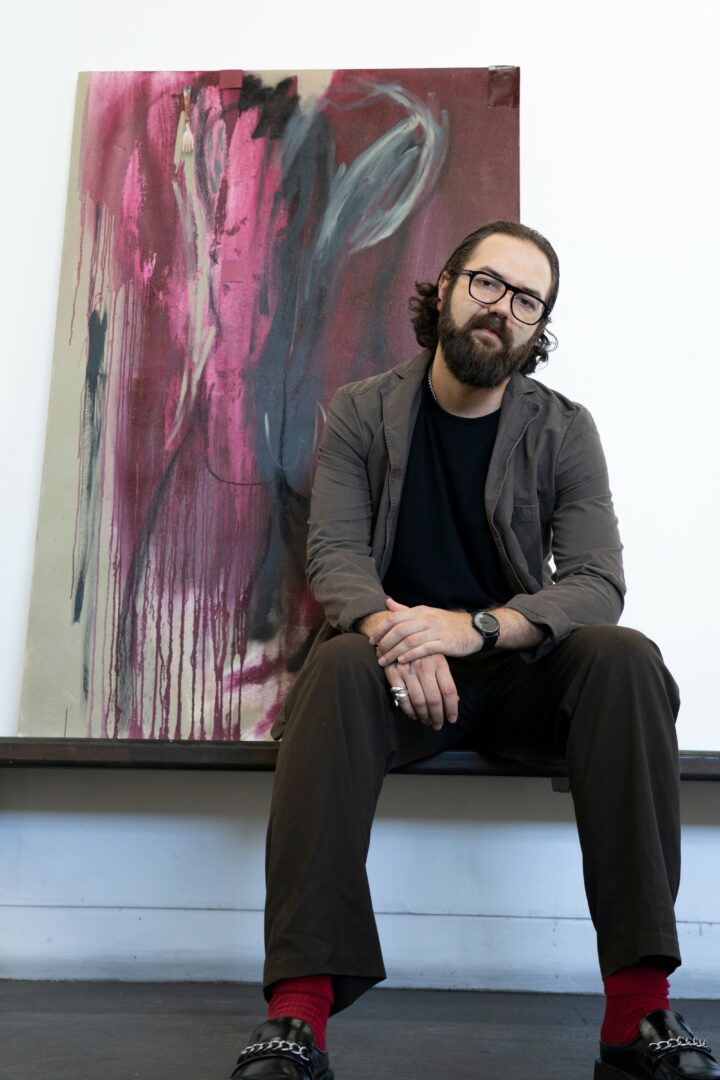Keywan Tafteh shared their story and experiences with us recently and you can find our conversation below.
Good morning Keywan, we’re so happy to have you here with us and we’d love to explore your story and how you think about life and legacy and so much more. So let’s start with a question we often ask: What makes you lose track of time—and find yourself again?
When I truly get in the zone at the studio, hours can go by. There’ll be days where I stare at a blank canvas until the inspiration suddenly strikes. Next thing you know, I’m working on three paintings concurrently and am excited about each one. Nowadays, I find myself trying to recreate this feeling, but when it is authentic nothing compares.
Can you briefly introduce yourself and share what makes you or your brand unique?
I am a visual artist that grew up in Los Angeles, and have maintained a consistent studio practice for the last 8 years. Everyone says it, but being an artist is not an easy path. Though I had to try for myself to realize this. I juggle day jobs and often feel like I’m waiting for my big break to come through. Yet I am thankful for the journey and have come to realize that like with anything, you have to work through the hardships as an artist. I am currently building a new body of work that I am excited to share soon. In the meantime, I have been hosting a regular art class at my studio, KT Artclub. People of all skill levels come together and I lead them through drawing and painting exercises with a live model. It has been a fulfilling venture and community-building experience.
Okay, so here’s a deep one: What was your earliest memory of feeling powerful?
As a child, I was always drawing. On the walls, in books, in sketchpads– whatever I could lay hands on. It was through drawing I felt the power of my imagination. I could build worlds from scratch and that was a power no one could take from me. I still feel this way when I create something I’m proud of.
When did you stop hiding your pain and start using it as power?
I’ve had my share of hardships, like anyone else. I came into my art practice to process a lot of them. What I realized is that through my expressive painting style, I could touch on dark themes without being too explicit. This allows for viewers to connect their own experiences, and it means so much to me seeing someone have an emotional connection to my work.
So a lot of these questions go deep, but if you are open to it, we’ve got a few more questions that we’d love to get your take on. What are the biggest lies your industry tells itself?
Hard work takes you far in the art world, and is essential, but there is more to the game. It’s true that who you know will get you further. That’s why as an artist it’s so important to be constantly networking and trying to get your name out. That’s work in itself, and to be successful as an artist, you have to understand people in more ways than one.
Thank you so much for all of your openness so far. Maybe we can close with a future oriented question. Could you give everything your best, even if no one ever praised you for it?
This is the essence of being an artist. You often don’t receive praise, but you have to keep going at 100%. The motivation is internal, and you have to be working for yourself before anyone else. The praise will come later.
Contact Info:
- Website: https://keywantafteh.com
- Instagram: https://www.instagram.com/keywantafteh/
- Linkedin: https://www.linkedin.com/in/keywan-tafteh-57a45313b/
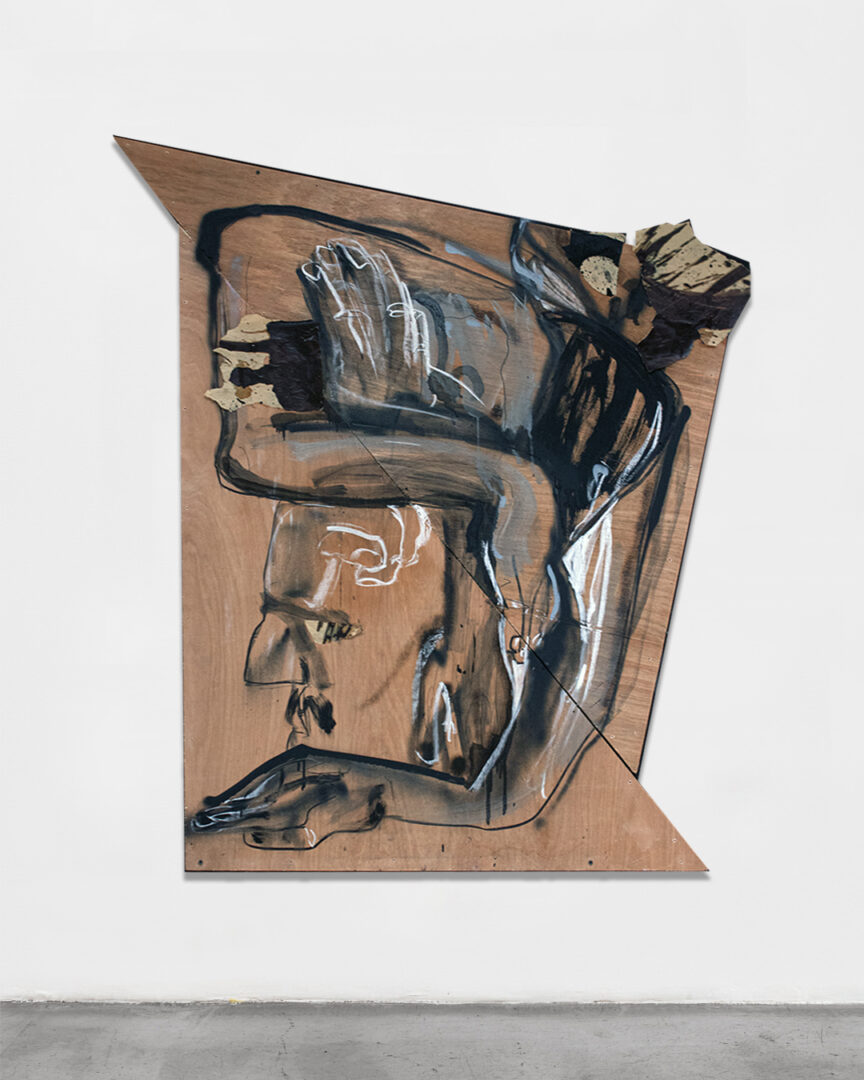
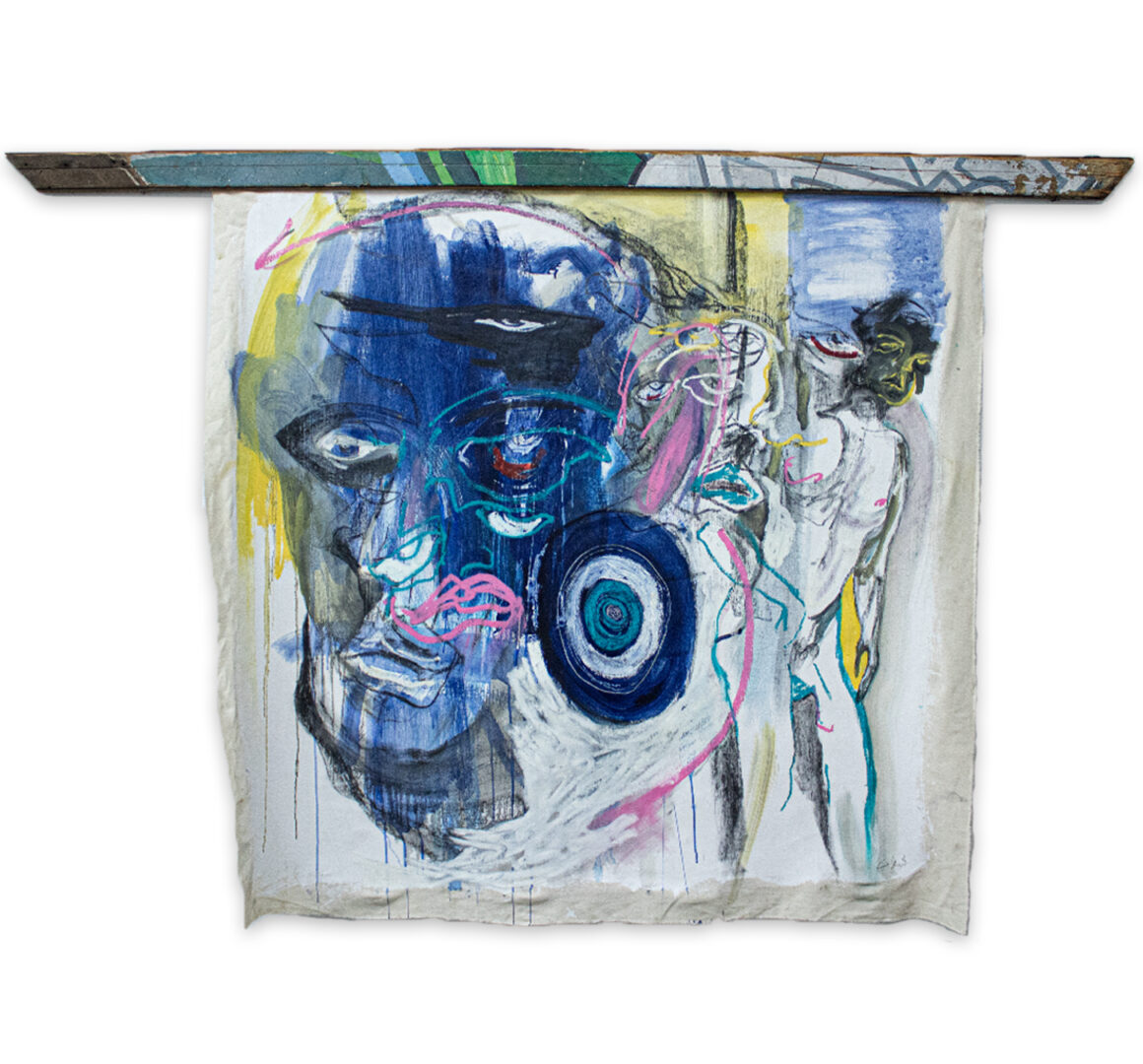
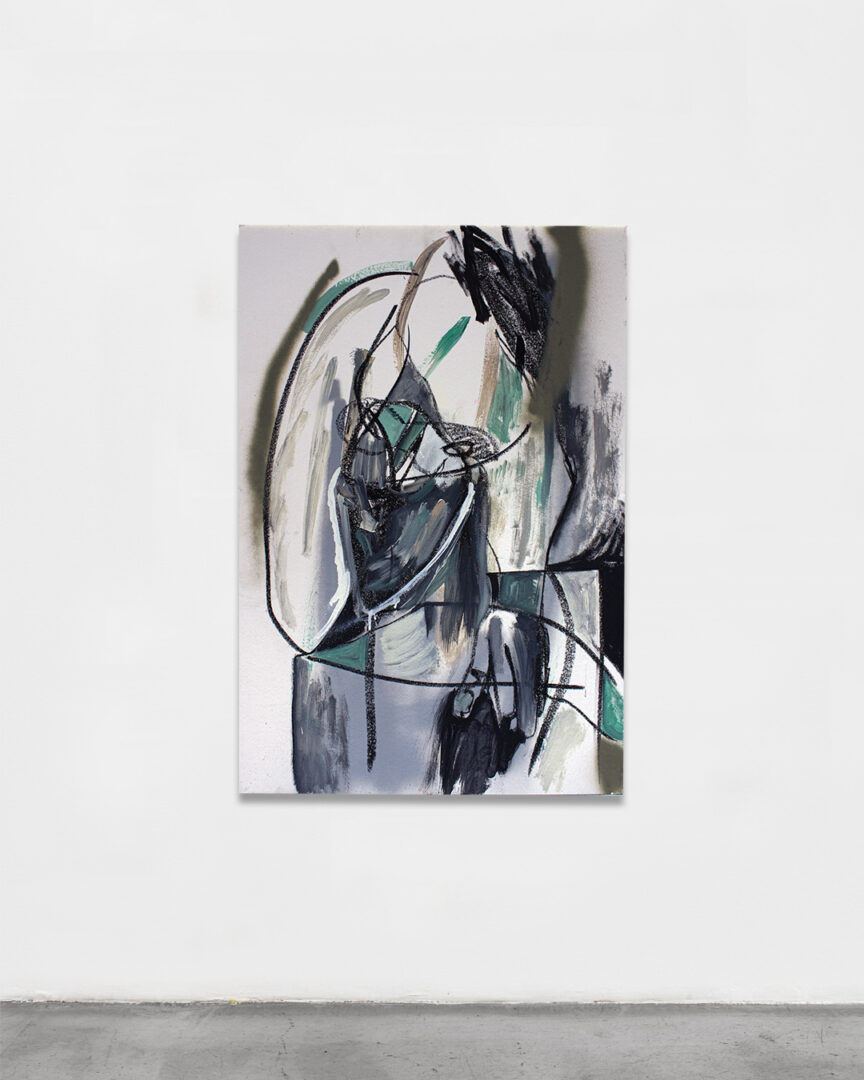
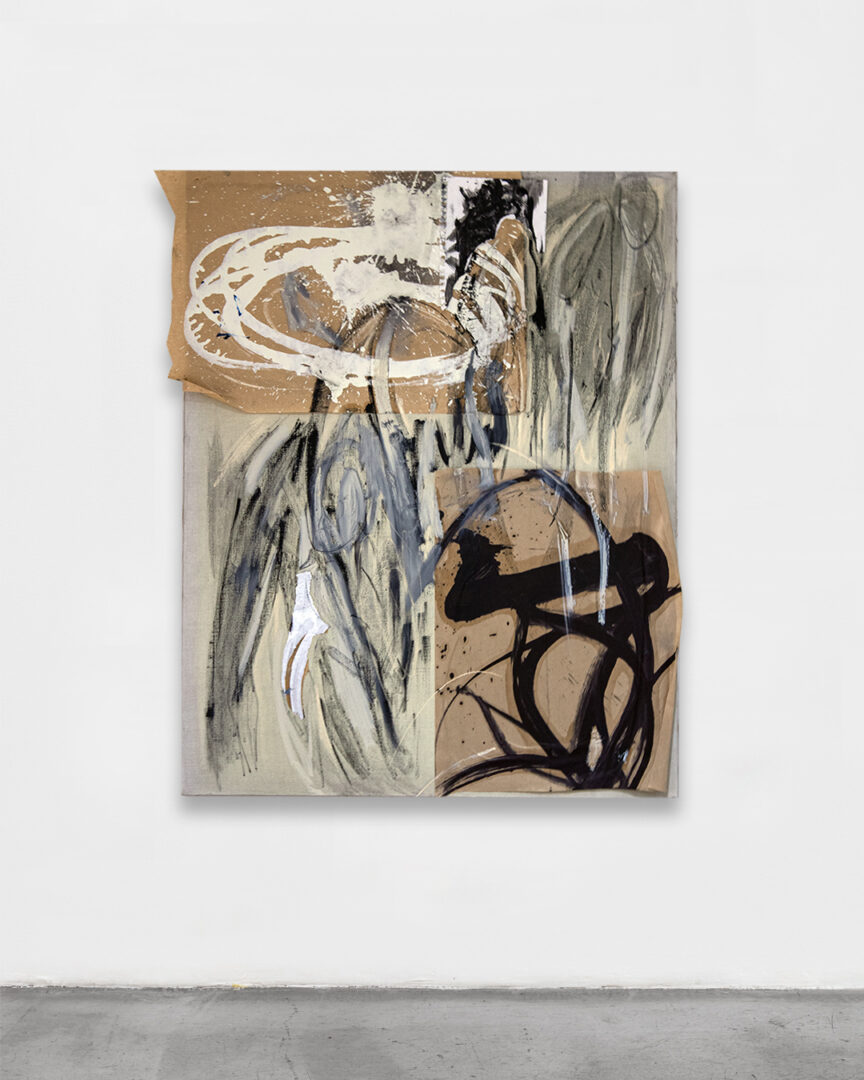
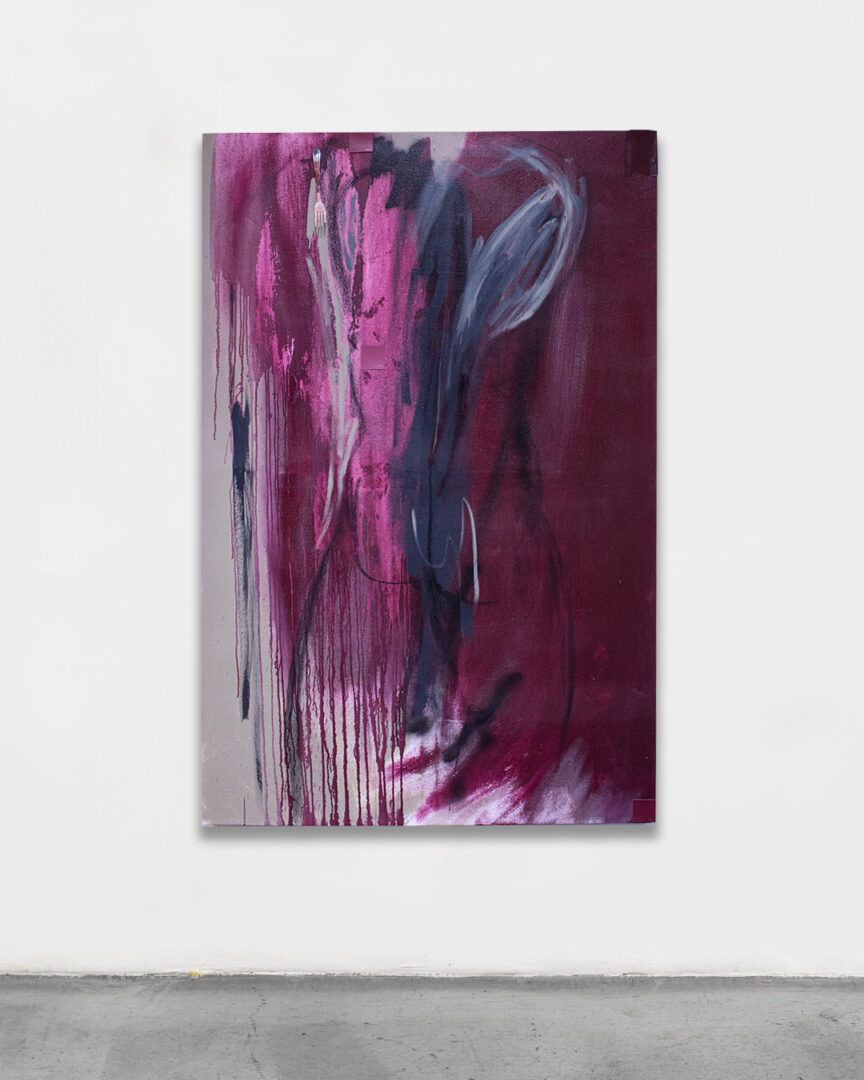
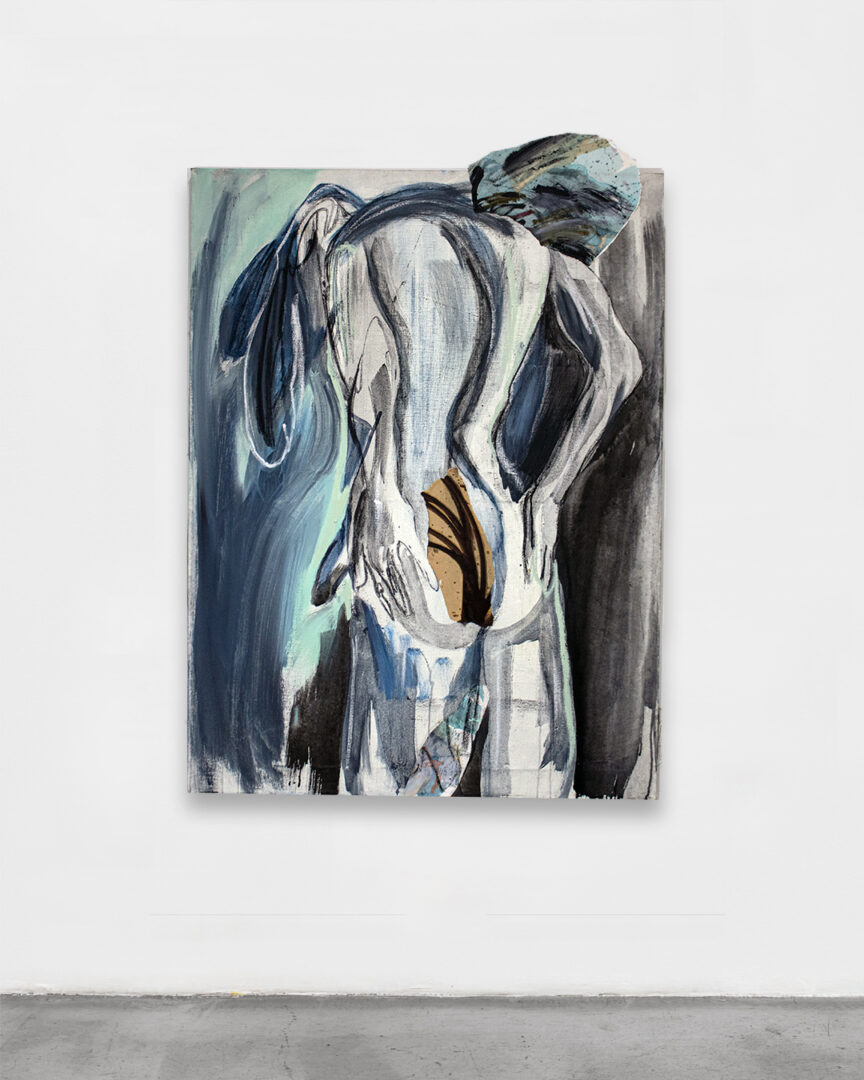
Image Credits
Artist portraits by Angie Bandari. @phalanges_
All artwork by Keywan Tafteh. @keywantafteh
so if you or someone you know deserves recognition please let us know here.

